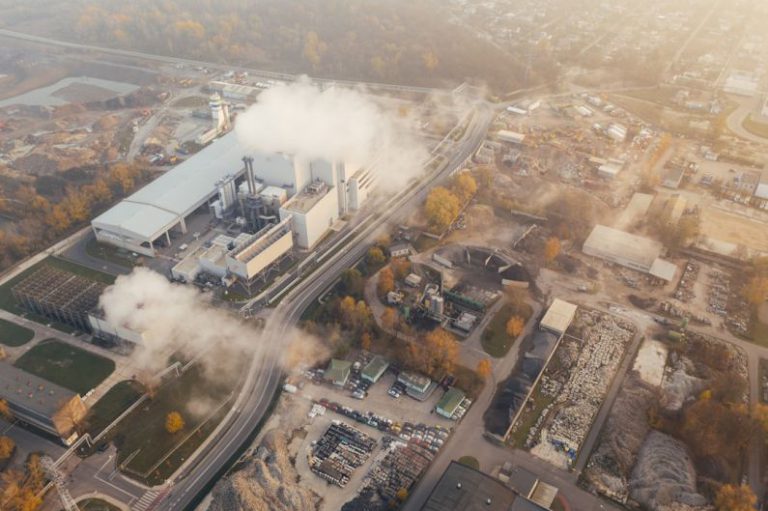How to Start a Zero Waste Lifestyle?
Living a zero waste lifestyle is a commitment to reducing your environmental impact by minimizing the waste you produce. It involves making conscious choices to avoid single-use items, recycle properly, and support businesses that prioritize sustainability. Transitioning to a zero waste lifestyle may seem daunting at first, but with some simple steps and changes to your daily routine, you can gradually adopt a more eco-friendly way of living.
**Evaluate Your Current Habits**
The first step in starting a zero waste lifestyle is to evaluate your current habits and identify areas where you can make improvements. Take a look at the waste you generate on a daily basis and consider alternative options that can help reduce your environmental footprint. This could include switching to reusable alternatives for items such as water bottles, shopping bags, and food containers.
**Reduce Single-Use Plastics**
Single-use plastics are a major contributor to environmental pollution and can take hundreds of years to break down. To reduce your reliance on single-use plastics, look for sustainable alternatives such as reusable water bottles, metal straws, and beeswax wraps. By making simple swaps in your daily routine, you can significantly decrease the amount of plastic waste you produce.
**Embrace Minimalism**
Embracing a minimalist lifestyle can also help you reduce waste and simplify your life. By decluttering your living space and focusing on quality over quantity, you can avoid unnecessary purchases and minimize the amount of waste you generate. When shopping, opt for products with minimal packaging or choose items that can be easily recycled or composted.
**Shop Mindfully**
When shopping for groceries or household items, try to be more mindful of the packaging and materials used. Look for products that are packaged in recyclable or compostable materials, and consider buying in bulk to reduce packaging waste. You can also support local businesses and farmers markets that offer package-free options or refill stations for common household goods.
**Compost Food Waste**
Food waste is a significant contributor to overall waste production, but you can reduce this by composting your food scraps. Setting up a compost bin in your backyard or using a composting service can help divert organic waste from the landfill and create nutrient-rich soil for your garden. By turning food scraps into compost, you can close the loop on the food cycle and reduce your environmental impact.
**Educate Yourself**
Educating yourself about environmental issues and sustainable living practices is essential for maintaining a zero waste lifestyle. Stay informed about current environmental challenges, such as plastic pollution and climate change, and seek out resources and guides on how to live more sustainably. By continuously learning and adapting your habits, you can make a lasting impact on the planet.
**Connect with Like-Minded Individuals**
Building a community of like-minded individuals who are also passionate about sustainability can provide you with support and inspiration on your zero waste journey. Join local environmental groups or online forums to connect with others who share your values and exchange tips and resources on living a more eco-friendly lifestyle. By surrounding yourself with a supportive network, you can stay motivated and accountable in your efforts to reduce waste.
**Shift Your Mindset**
Shifting your mindset towards a more sustainable way of living is key to successfully adopting a zero waste lifestyle. Instead of focusing on perfection, strive for progress and celebrate small victories along the way. Remember that every small change you make contributes to a larger collective impact on the environment. By embracing a positive attitude and staying committed to your goals, you can make a difference in reducing waste and protecting the planet for future generations.
In conclusion, starting a zero waste lifestyle is a journey that requires dedication, mindfulness, and a willingness to make changes to your daily habits. By evaluating your current practices, reducing single-use plastics, embracing minimalism, shopping mindfully, composting food waste, educating yourself, connecting with like-minded individuals, and shifting your mindset, you can take meaningful steps towards living a more sustainable and eco-friendly life. Remember that every small action counts, and by making conscious choices, you can make a positive impact on the environment and inspire others to do the same.






